Peter Staub studied architecture and urban planning in Switzerland (Accademia di Architettura di Mendrisio) and London (Architectural Association School of Architecture and London School of Economics and Political Science). He then had his own architectural practice in London and various teaching positions in London and Switzerland. Since 2008 he has been working at the University of Liechtenstein, first as a visiting professor, then as professor, head of the Institute of Architecture and Spatial Development, vice rector for foreign relations and rector ad interim. He is 42 years old, lives and works in Zurich and Vaduz, is married and has two children.
Where and how did you grow up?
I grew up in Winterthur as the youngest of four children in a very happy family on the edge of a forest. I was always caught between the two opposite poles of the city and the countryside, between two cultures that are close to each other (my mother Austrian, my father Swiss), with a Vorarlberg dialect as my mother tongue, and I was travelling the world from an early age. I grew up without worries, but without ever taking anything for granted.
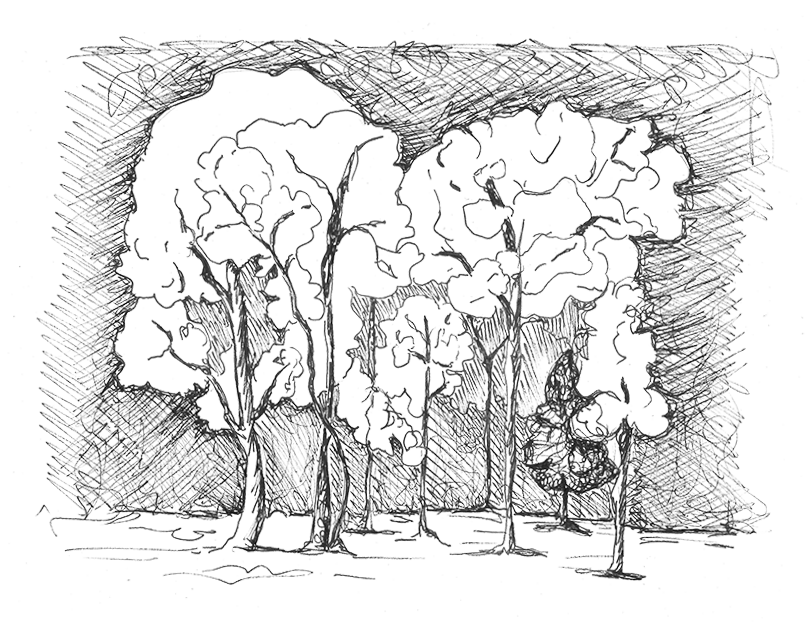
Could you describe your professional background?
I did my Primary and Secondary schooling in Winterthur, then went to the Art High School in Zurich (Liceo Artistico). I moved on from there to do my Architecture studies at the newly founded Accademia di Architettura in Mendrisio, followed by an exchange to London at the Architectural Association School of Architecture, which turned out to be a permanent change (thanks to the lady at my side). After graduation came the foundation of my own architectural office in London, my first experiences in teaching at the Architectural Association and at the ETH in Lausanne, then my current visiting professorship in Liechtenstein.
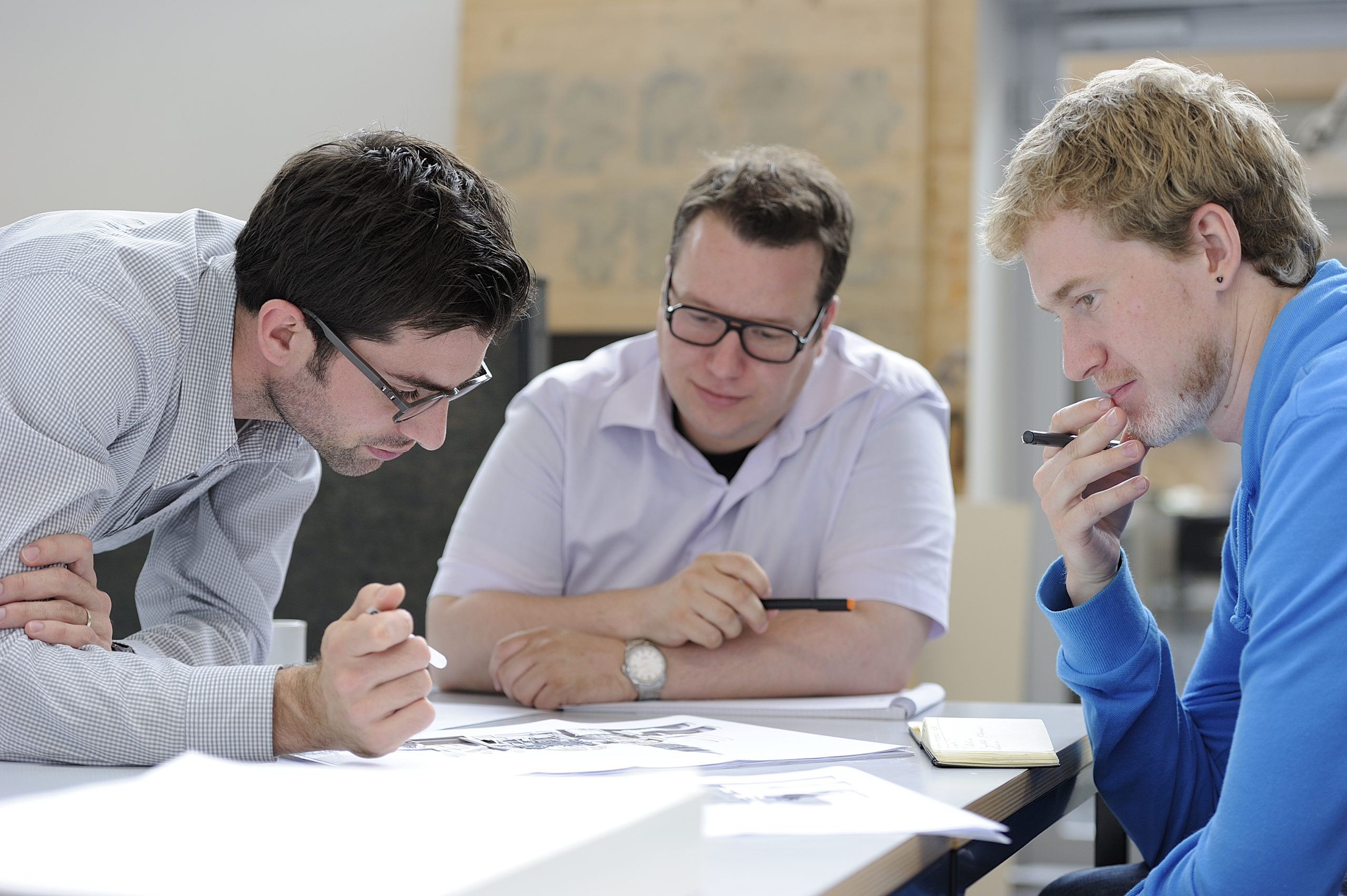
Were there certain events or stations that were formative for your career?
Events not really, rather interests that led me to a decision or the support of people around me and also serendipity that took decisions away from me. The choice to study architecture in Ticino was certainly linked to the bilingual Liceo Artistico. The move to London was linked to my interest in studying film. That was possible in the context of studying architecture in London.
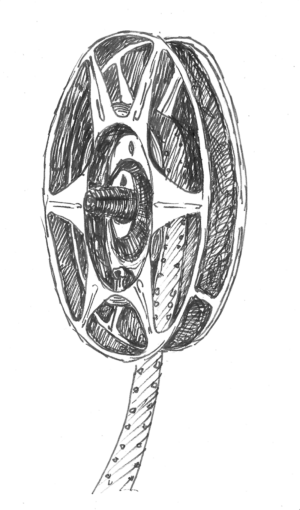
Have there been certain people who have been formative for your career?
And that brings us to the people… Yes, certain people were and are probably the main reason why I made certain decisions in my life. The private decisions always have to do with the professional ones or vice versa. An exchange year in London turned into eight, a year as a visiting professor in Liechtenstein into twelve. The people who were responsible for my decision to stay are the ones who made the difference. Firstly, my wife Teresa, and secondly the people with whom I studied or worked. And, not to forget, always my parents, who gave me all the freedom I needed to make the right decision.
Has your environment supported you in your career?
First my parents and my siblings, then my wife and my two children, friends all over the world and, of course, my colleagues.
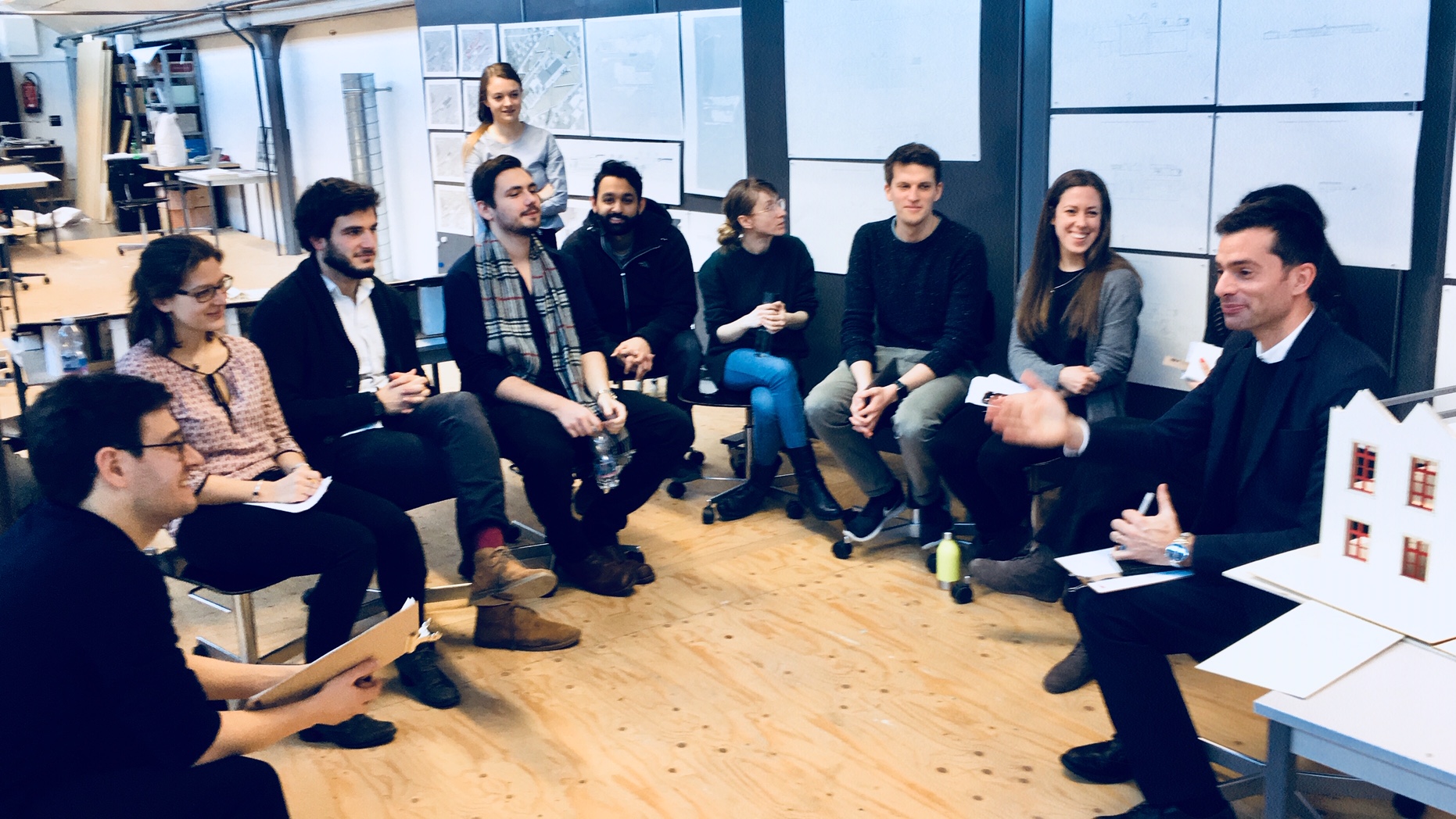
What are your current activities?
I teach architectural design. I am interested in urban ecosystems and design processes whose results have a lasting positive influence on our built environment. At the same time, I do research in the field of communicating architectural culture and also spend a lot of time with university management, always at the interface between self-administration and foreign relations.
Does what you are currently doing fulfil you?
My activities fulfil me very much. The diversity of my work means that no day is boring. Working with young students is always challenging but enriching, and requires constant personal and professional development.
Do you think that you yourself have an influence on whether your activities are fulfilling?
The great thing about my profession is that I can help decide what I teach and research and how I do it. Decision-making takes place in a team and is an enriching process.
What or who inspires you in everyday life?
Working with colleagues and students is always inspiring. More critical discourse, more cultural exchange equals more inspiration.
What or who gives you strength and energy in everyday life?
In everyday life, the prospect of a better future always gives me the necessary strength to change and improve things. I never get bored, because the world is always changing unexpectedly and visions and questions about the future are constantly changing. What could be more exciting than helping to shape the future, especially when you have the future constantly before your eyes in the form of two growing children?
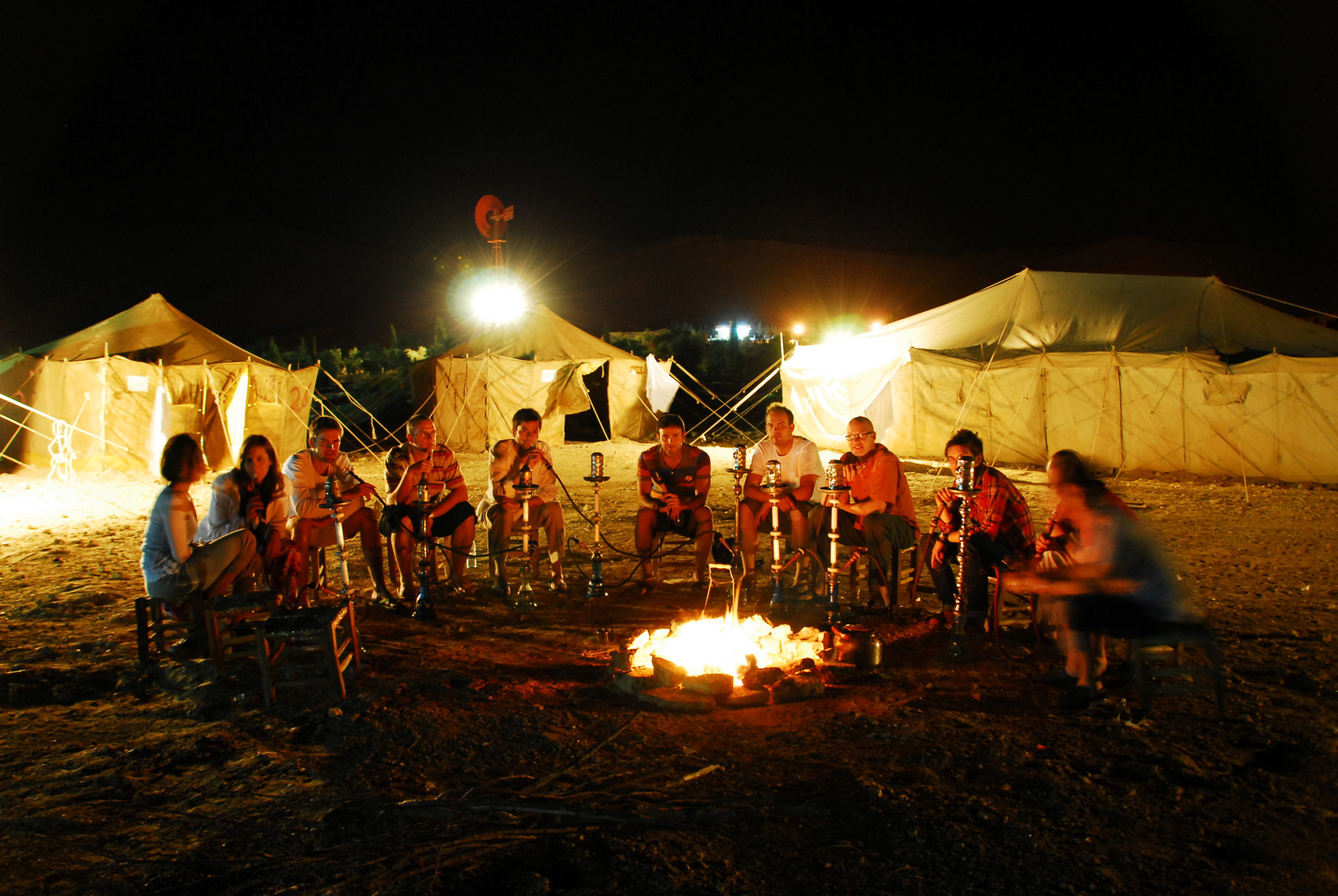
There are “magic moments” when everything seems to fit. Moments that fulfil, inspire and give strength. Moments that confirm that the effort is worthwhile and that what you do is meaningful and valuable. Have you already experienced such moments in relation to your own activities?
Such moments occur again and again in teaching and research, especially when I get personal feedback from people affected by my work relaying to me that what I do has positive effects. This includes, for example, letters from former students, some of whom thank me for their education, even after several years. Or also direct and honest criticism, which reinforces my commitment always to maintain an open discourse eye to eye. In any case, it is not the big applause that inspires me, but the very personal feedback that moves me.

Do you actively do something for it, so that such “magic” moments can happen?
I always try to give my best and respond individually to the needs of people. The great thing about my job is that I get to work directly with a wide variety of people, often from different cultures. Each and every student has his or her own history that needs to be taken into account, has his or her own talents that need to be nurtured. I believe that the individual approach to each person sometimes leads to the reactions I described in the previous answer.
Are there moments when you doubt what you are doing?
There are also times when there is no feedback from students or staff. This usually means that either everything is fine or not. In an open working environment, it may sometimes take a short inquiry to clarify the situation, but that can be quickly done.
In retrospect, can you find something positive in difficult moments?
If the question suggests in the sense of “learning from mistakes”, then yes, of course, but that can also sometimes be painting it with a broad brush. Many difficult moments, at least those over which you have had an influence, could have been avoided by gathering all of the information and weighing all the factors before making a decision. What may seem hesitant and not very decisive at the moment usually turns out to be well-considered and balanced later. With experience comes the ability to withstand pressure. I had to learn that too.
Is there anything you would do differently in retrospect?
There are certainly a few things, but I’d rather look forward than back.
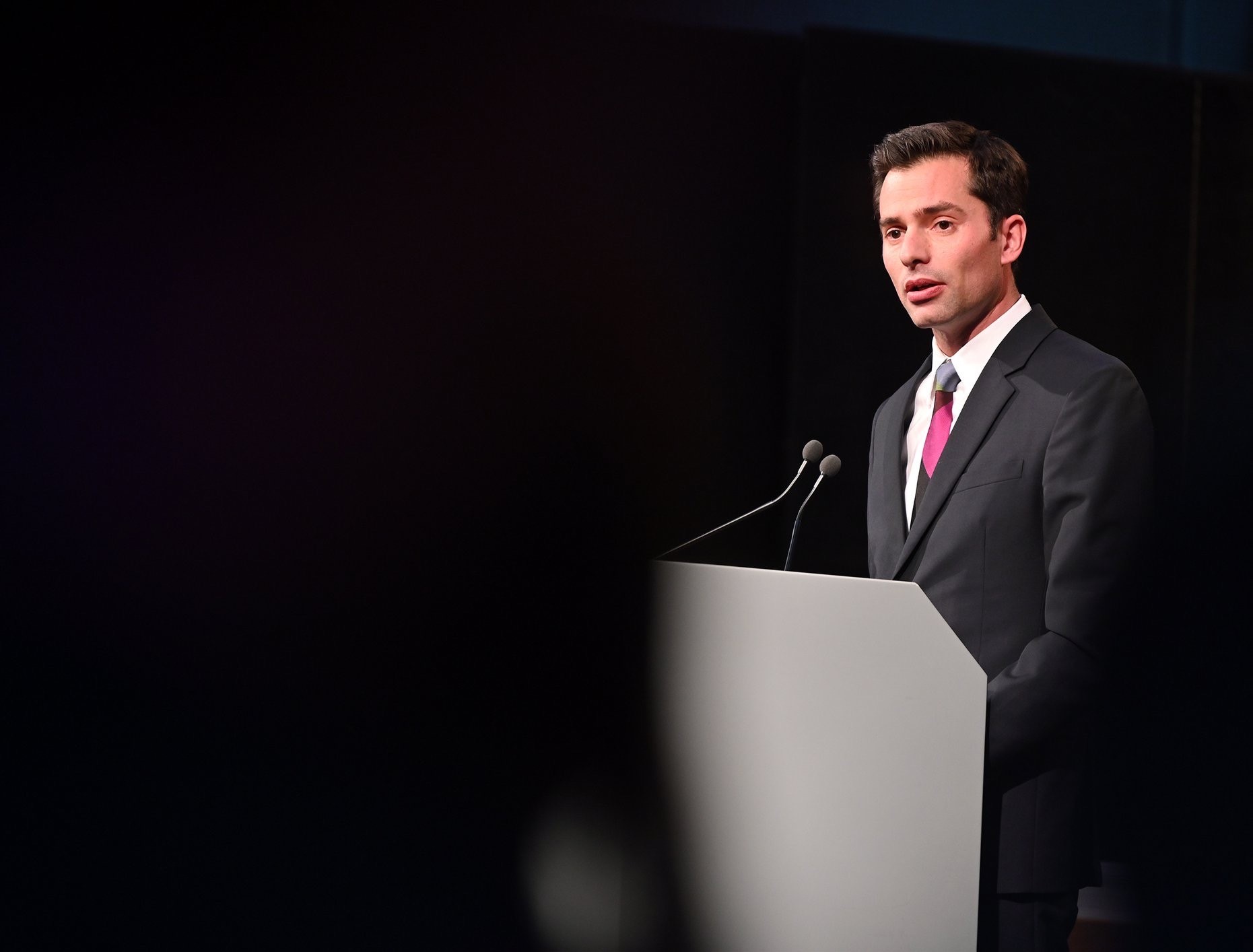
Do you want to contribute to society with your activities?
Absolutely, that is my greatest motivation. The students we train will shape our future, our living space. Their values, attitudes and visions will be decisive in determining whether their work is sustainable. I understand sustainability (a term that I actually don’t like because it is too often misused) as the way of life that always consciously weighs up its own actions in the context of and thus as a contribution to the long-term, global (universal?) common good. To make a small contribution to this is what drives me.
Is the recognition of other people or the public important to you?
Recognition is always nice, especially when it comes from people I appreciate.
How well can you live from what you do professionally?
Fortunately, I can live a light-hearted and worry-free life.
Is there something that is particularly occupying you at the moment?
Our universe and our earth fascinate me with all its aspects. It makes me think about how carelessly we handle this gift, how short-sighted many social conventions are and how sluggish our systems are to enact changes. We obviously still haven’t understood that we are managing a common good for the next generations.
Is there something you would like to (increasingly) spend time on in the future?
Quite apart from the fact that I would like to spend more time with my family, I ask myself every day what contribution I am able to make to a future-oriented society and in what form. Weighing up sustainability in all its aspects is extremely individual and complex. I would like to devote more time to it in order to find a position that is compatible for my family and that is conducive to solving global problems.
What are you most grateful for in life?
Freedom.
May 2020
This interview is part of the project «Magic Moments» by Kunstverein Schichtwechsel, in which people are interviewed about their careers, their activities and magical and difficult moments.
Interview: Laura Hilti
Illustrations: Stefani Andersen
Supported by Kulturstiftung Liechtenstein.
Credits
Title picture: Stephanie Büchel
Teaching (2011): Michael Zanghellini/zanghellini.li
Teaching (2018)/ Seminarreise: Universität Liechtenstein
Graduation ceremony: Paul Trummer
